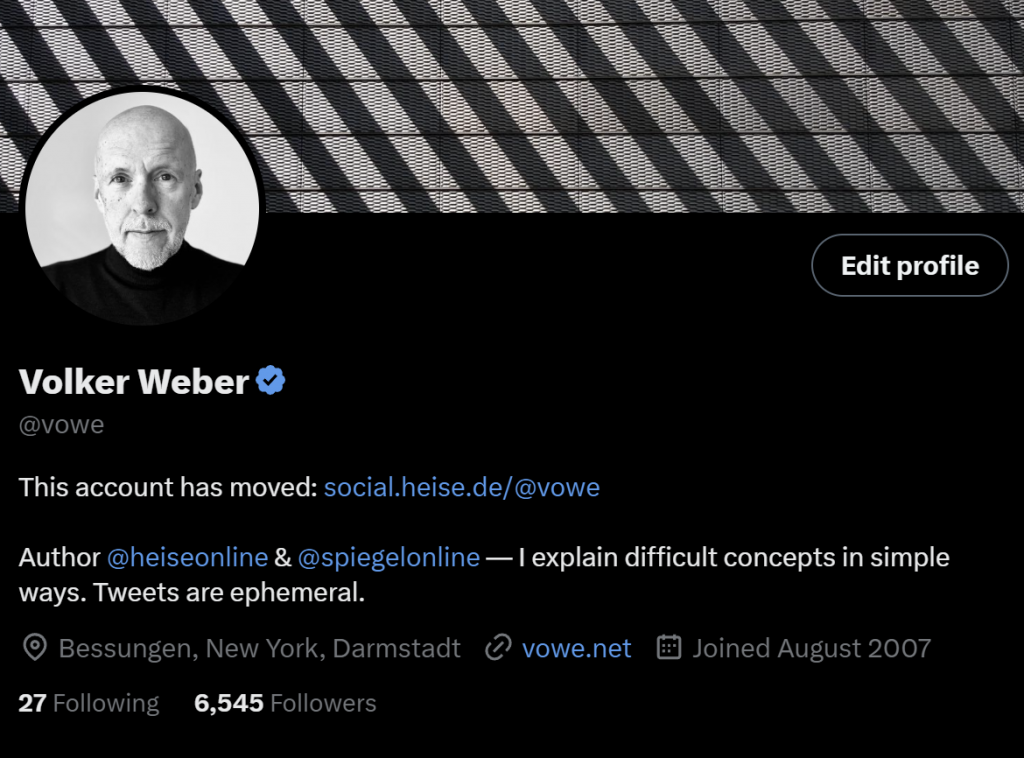I shared updates about my cancer treatments with my friends on Facebook and it helped to get encouragement. But something else also happened on my timeline: Facebook’s advertising algorithms began targeting me for cancer ads from scammers selling phony treatments. These companies promised that I could cure my cancer “naturally without toxic chemotherapy or surgery” using vitamin IV therapy that allegedly had “the same mechanism as chemotherapy.” … I reported the ads to Facebook in the hope the platform would remove them (it didn’t). I also wrote about it, joining the legion of voices raising the alarm about mis- and disinformation on social media.
A year later, not much has changed on Facebook. While the mega-corporation has made promises to try to contain false news about COVID, it remains a massive problem on the platform, along with fake news on cancer. Although the Center for Countering Digital Hate (CCDH) identified 12 health disinformation “superspreader” accounts on Facebook in March, 59 per cent of the content still had not been removed by July.
12 disinformation superspreaders. Twelve!
It’s very grim situation. Facebook helps scammers sell phony treatments that will eventually lead to dead people. If you ever wondered why anybody would not want to be vaccinated, you found the money trail leading to the source of disinformation.
More >


